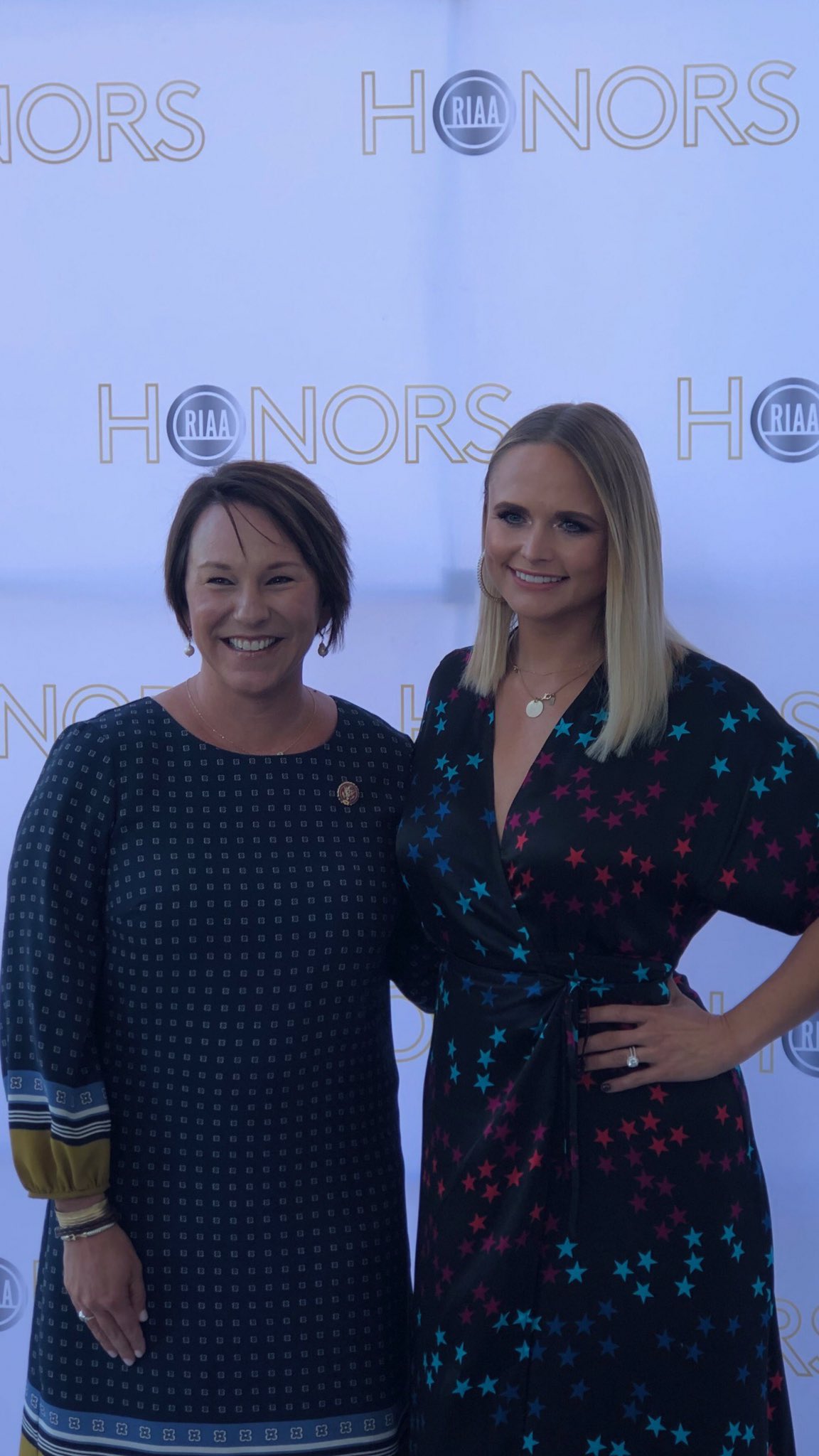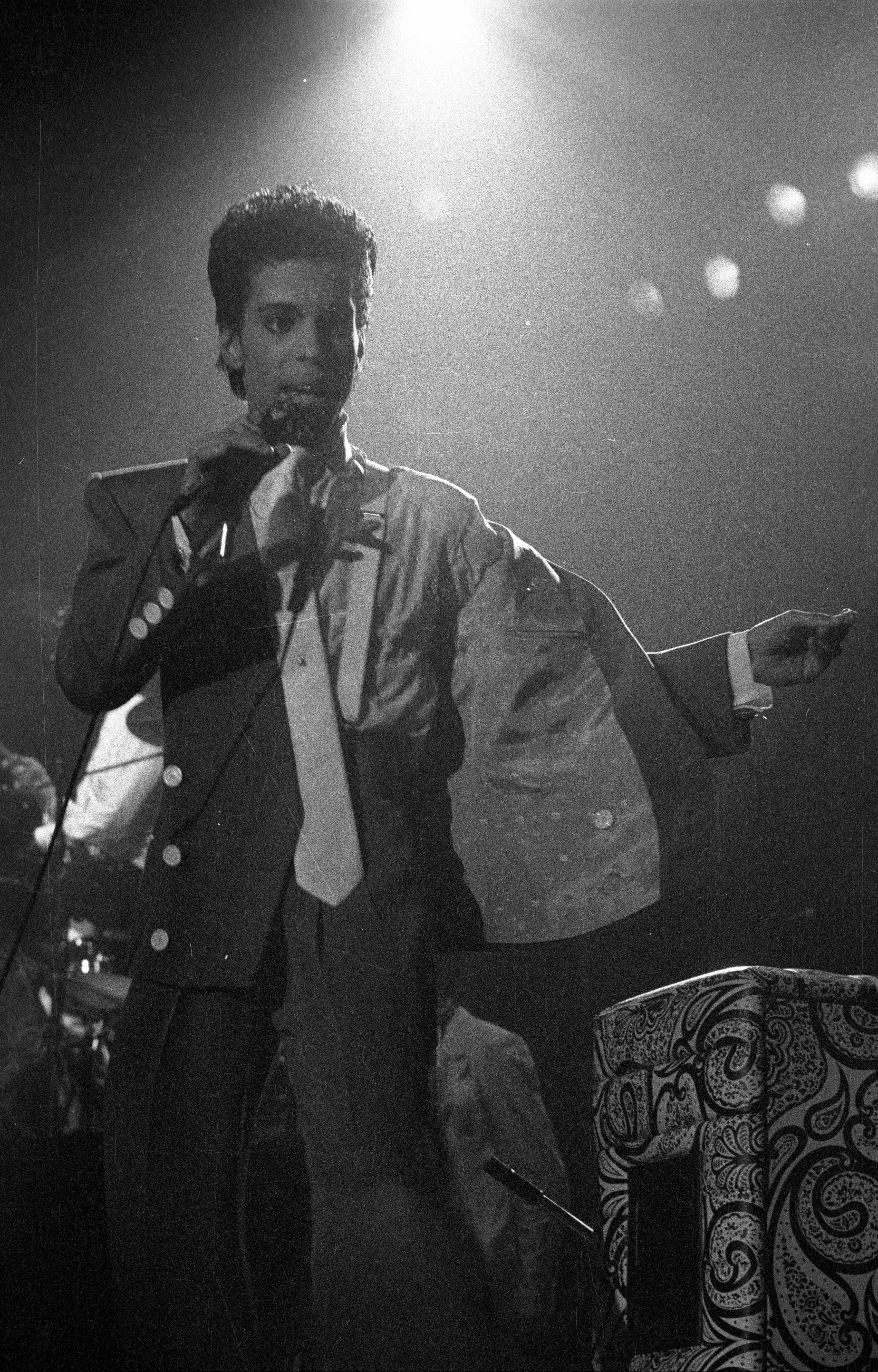|
Parade (Prince Album)
''Parade'' is the eighth studio album by American recording artist Prince, and the third and final album where the Revolution is billed. It also was the soundtrack album to the 1986 film ''Under the Cherry Moon'', directed by and starring Prince. It was released on March 31, 1986 by Paisley Park Records and Warner Bros. Records. ''Parade'' eschews the guitar and rock elements of Prince's 1984 album '' Purple Rain'' in favor of the psychedelic pop style he explored on ''Around the World in a Day'' (1985), austerely produced funk, and soundtrack compositions. After the critical disappointment of his 1985 album ''Around the World in a Day'', ''Parade'' was released to acclaim from music critics. "Kiss" reached number one on the ''Billboard'' Hot 100. ''Parade'' was certified Platinum by the Recording Industry Association of America (RIAA) in June 1986. ''Parade'' was named one of the best albums of 1986 by ''The Village Voice'' and ''NME'' magazine, who named it their Album of th ... [...More Info...] [...Related Items...] OR: [Wikipedia] [Google] [Baidu] |
Studio Album
An album is a collection of audio recordings issued on compact disc (CD), Phonograph record, vinyl, audio tape, or another medium such as Digital distribution#Music, digital distribution. Albums of recorded sound were developed in the early 20th century as individual Phonograph record#78 rpm disc developments, 78 rpm records collected in a bound book resembling a photograph album; this format evolved after 1948 into single vinyl LP record, long-playing (LP) records played at revolutions per minute, rpm. The album was the dominant form of recorded music expression and consumption from the mid-1960s to the early 21st century, a period known as the album era. Vinyl LPs are still issued, though album sales in the 21st-century have mostly focused on CD and MP3 formats. The 8-track tape was the first tape format widely used alongside vinyl from 1965 until being phased out by 1983 and was gradually supplanted by the cassette tape during the 1970s and early 1980s; the populari ... [...More Info...] [...Related Items...] OR: [Wikipedia] [Google] [Baidu] |
Controversy (Prince Album)
''Controversy'' is the fourth studio album by American recording artist Prince, released on October 14, 1981 by Warner Bros. Records. It was produced by Prince, written (with the exception of one track) by him, and he also performed most of the instruments on its recording. ''Controversy'' reached number three on the ''Billboard'' R&B Albums chart and was certified Platinum by the Recording Industry Association of America (RIAA). It was voted the eighth best album of the year in the 1981 Pazz & Jop, an annual critics poll run by ''The Village Voice''. This was the first of his albums to associate Prince with the color purple as well as the first to use sensational spelling in his song titles. Music and lyrics ''Controversy'' opens with the title track, which raises questions that were being asked about Prince at the time, including his race and sexuality. The song "flirts with blasphemy" by including a chant of The Lord's Prayer. "Do Me, Baby" is an "extended bump-n-grind" ... [...More Info...] [...Related Items...] OR: [Wikipedia] [Google] [Baidu] |
Soundtrack
A soundtrack is recorded music accompanying and synchronised to the images of a motion picture, drama, book, television program, radio program, or video game; a commercially released soundtrack album of music as featured in the soundtrack of a film, video, or television presentation; or the physical area of a film that contains the synchronised recorded sound. In movie industry terminology usage, a sound track is an audio recording created or used in film production or post-production. Initially, the dialogue, sound effects, and music in a film each has its own separate track (''dialogue track'', ''sound effects track'', and '' music track''), and these are mixed together to make what is called the ''composite track,'' which is heard in the film. A ''dubbing track'' is often later created when films are dubbed into another language. This is also known as an M&E (music and effects) track. M&E tracks contain all sound elements minus dialogue, which is then supplied by the f ... [...More Info...] [...Related Items...] OR: [Wikipedia] [Google] [Baidu] |
The Village Voice
''The Village Voice'' is an American news and culture paper, known for being the country's first alternative newsweekly. Founded in 1955 by Dan Wolf, Ed Fancher, John Wilcock, and Norman Mailer, the ''Voice'' began as a platform for the creative community of New York City. It ceased publication in 2017, although its online archives remained accessible. After an ownership change, the ''Voice'' reappeared in print as a quarterly in April 2021. Over its 63 years of publication, ''The Village Voice'' received three Pulitzer Prizes, the National Press Foundation Award, and the George Polk Award. ''The Village Voice'' hosted a variety of writers and artists, including writer Ezra Pound, cartoonist Lynda Barry, artist Greg Tate, and film critics Andrew Sarris, Jonas Mekas and J. Hoberman. In October 2015, ''The Village Voice'' changed ownership and severed all ties with former parent company Voice Media Group (VMG). The ''Voice'' announced on August 22, 2017, that it would cease p ... [...More Info...] [...Related Items...] OR: [Wikipedia] [Google] [Baidu] |
Recording Industry Association Of America
The Recording Industry Association of America (RIAA) is a trade organization that represents the music recording industry in the United States. Its members consist of record labels and distributors that the RIAA says "create, manufacture, and/or distribute approximately 85% of all legally sold recorded music in the United States". RIAA is headquartered in Washington, D.C. RIAA was formed in 1952. Its original mission was to administer recording copyright fees and problems, work with trade unions, and do research relating to the record industry and government regulations. Early RIAA standards included the RIAA equalization curve, the format of the stereophonic record groove and the dimensions of 33 1/3, 45, and 78 rpm records. RIAA says its current mission includes: #to protect intellectual property rights and the First Amendment rights of artists #to perform research about the music industry #to monitor and review relevant laws, regulations, and policies Between 2001 and 202 ... [...More Info...] [...Related Items...] OR: [Wikipedia] [Google] [Baidu] |
RIAA Certification
In the United States, the Recording Industry Association of America (RIAA) awards certification based on the number of albums and singles sold through retail and other ancillary markets.RIAA certification criteria Retrieved on September 11, 2006 Other countries have similar awards (see music recording certification). Certification is not automatic; for an award to be made, the must first request certification. The audit is conducted against net shipments after returns (most often an artist's royalty s ... [...More Info...] [...Related Items...] OR: [Wikipedia] [Google] [Baidu] |
Billboard Hot 100
The ''Billboard'' Hot 100 is the music industry standard record chart in the United States for songs, published weekly by '' Billboard'' magazine. Chart rankings are based on sales (physical and digital), radio play, and online streaming in the United States. The weekly tracking period for sales was initially Monday to Sunday when Nielsen started tracking sales in 1991, but was changed to Friday to Thursday in July 2015. This tracking period also applies to compiling online streaming data. Radio airplay, which, unlike sales figures and streaming, is readily available on a real-time basis, is also tracked on a Friday to Thursday cycle effective with the chart dated July 17, 2021 (previously Monday to Sunday and before July 2015, Wednesday to Tuesday). A new chart is compiled and officially released to the public by ''Billboard'' on Tuesdays but post-dated to the following Saturday. The first number-one song of the ''Billboard'' Hot 100 was " Poor Little Fool" by Ricky Ne ... [...More Info...] [...Related Items...] OR: [Wikipedia] [Google] [Baidu] |
Film Score
A film score is original music written specifically to accompany a film. The score comprises a number of orchestral, instrumental, or choral pieces called cues, which are timed to begin and end at specific points during the film in order to enhance the dramatic narrative and the emotional impact of the scene in question. Scores are written by one or more composers under the guidance of or in collaboration with the film's director or producer and are then most often performed by an ensemble of musicians – usually including an orchestra (most likely a symphony orchestra) or band, instrumental soloists, and choir or vocalists – known as playback singers – and recorded by a sound engineer. The term is less frequently applied to music written for other media such as live theatre, television and radio programs, and video game, and said music is typically referred to as either the soundtrack or incidental music. Film scores encompass an enormous variety of styles ... [...More Info...] [...Related Items...] OR: [Wikipedia] [Google] [Baidu] |
Psychedelic Pop
Psychedelic pop (or acid pop) is pop music that contains musical characteristics associated with psychedelic music. Developing in the late 1960s, elements included " trippy" features such as fuzz guitars, tape manipulation, backwards recording, sitars, and Beach Boys-style harmonies, wedded to melodic songs with tight song structures. The style lasted into the early 1970s. It has seen revivals in subsequent decades by neo-psychedelic artists. Characteristics According to AllMusic, psychedelic pop was not too "freaky", but also not very "bubblegum" either. It appropriated the effects associated with straight psychedelic music, applying their innovations to concise pop songs. The music was occasionally confined to the studio, but there existed more organic exceptions whose psychedelia was bright and melodic. AllMusic adds: "What's trangeis that some psychedelic pop is more interesting than average psychedelia, since it had weird, occasionally awkward blends of psychedelia and po ... [...More Info...] [...Related Items...] OR: [Wikipedia] [Google] [Baidu] |
Purple Rain (album)
''Purple Rain'' is the sixth studio album by American recording artist Prince, released on June 25, 1984, by Warner Bros. Records and the soundtrack to the 1984 film of the same name. ''Purple Rain'' was musically denser than Prince's previous albums, emphasizing full band performances, and multiple layers of guitars, keyboards, electronic synthesizer effects, drum machines, and other instruments. Much of the album had a grandiose, synthesized, and psychedelic sheen to the production and performances. The music on ''Purple Rain'' is generally regarded as the most pop-oriented of Prince's career, though a number of elements point towards the more experimental records Prince would release after ''Purple Rain''. The music video for the album's lead single "When Doves Cry" sparked controversy among network executives, who thought its sexual nature was too explicit for television. The risqué lyrics of "Darling Nikki" raised complaints from Tipper Gore and the Parents Music Resourc ... [...More Info...] [...Related Items...] OR: [Wikipedia] [Google] [Baidu] |



